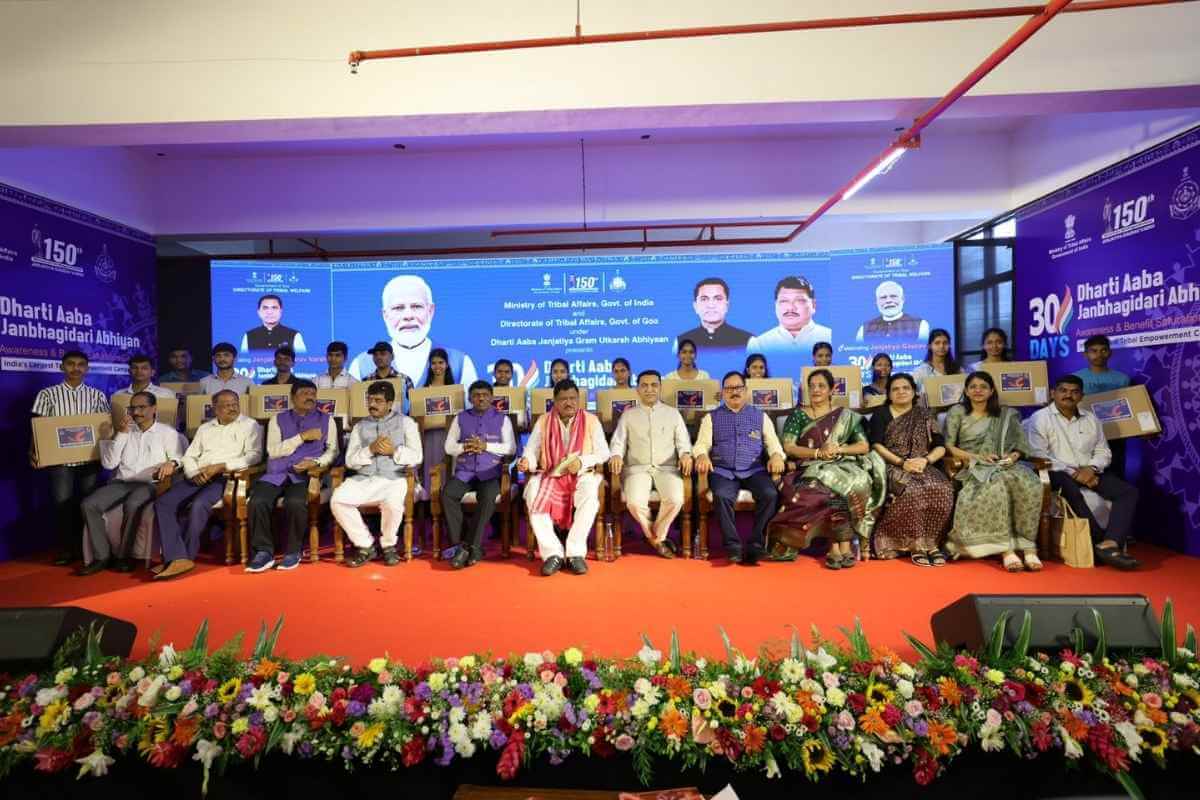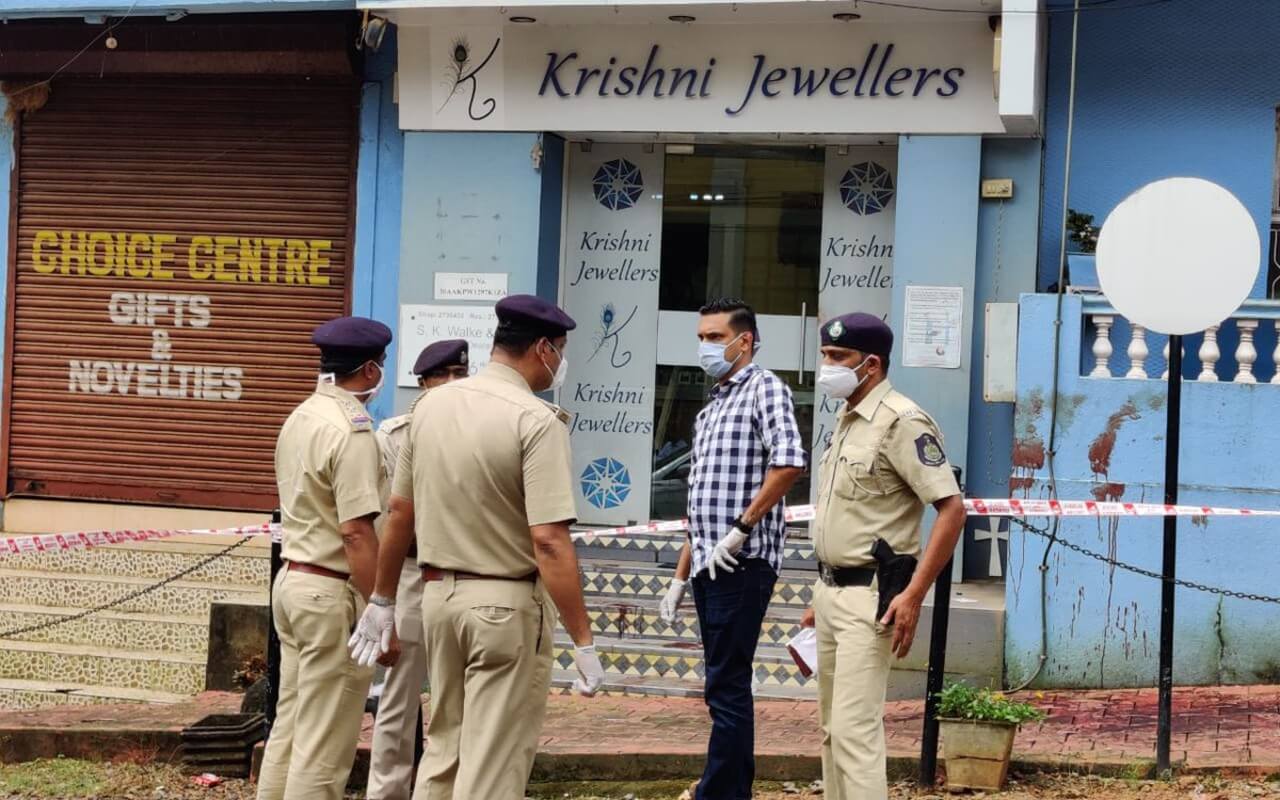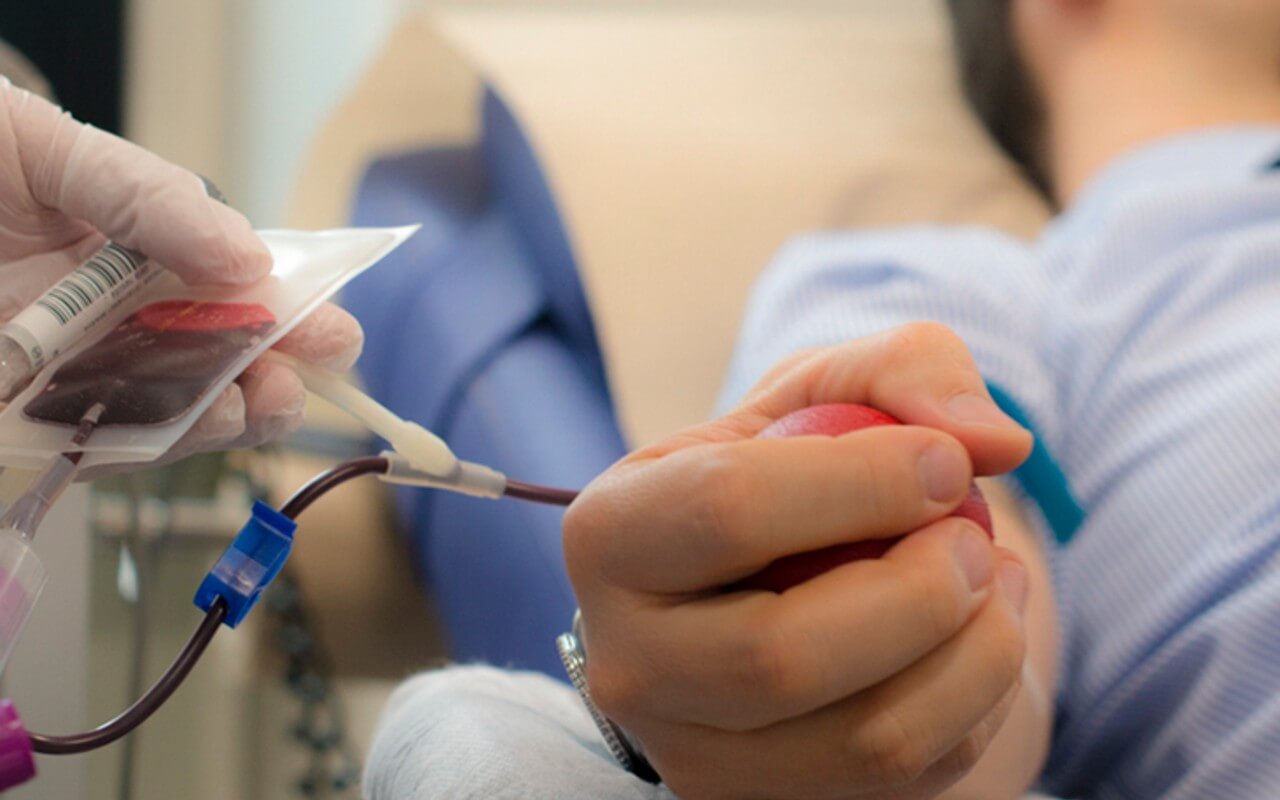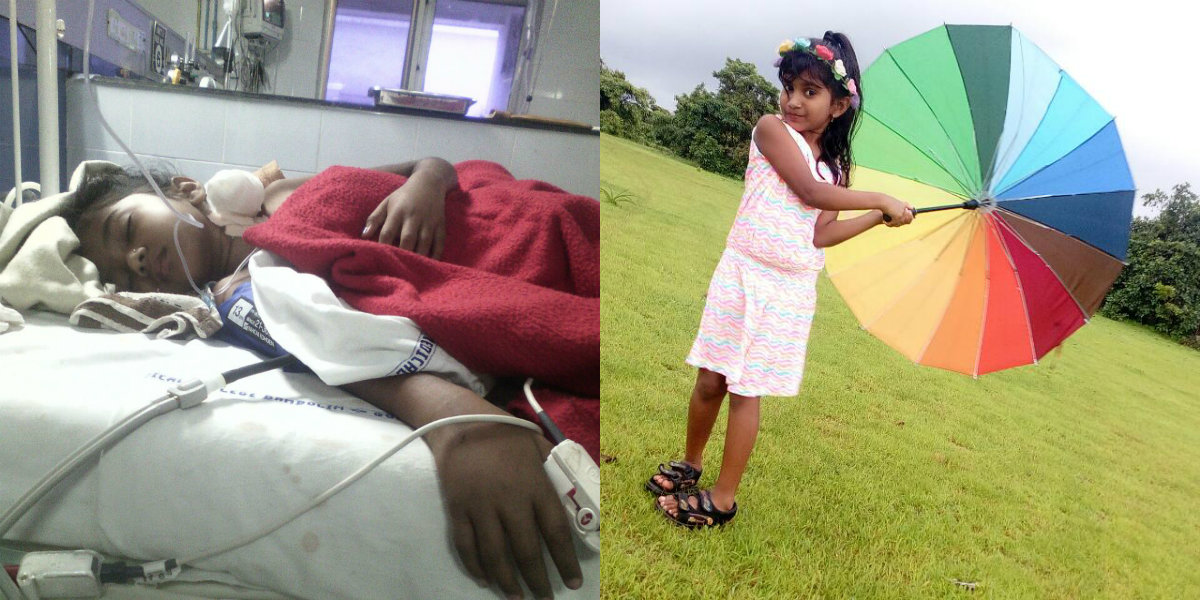This is the second time the Nipah virus has struck into Kerala, and Goa being the tourism state most of the tourist travel back and forth from Kerala to Goa which gives the indication of the virus may get into the state if proper precautions have not been taken. Here we have given the complete details about the virus and the precessions one needs to take to avoid the infection.
Nipah is a deadly virus and the prevention is better than cure. According to the reports, the Nipah-Virus has no cure at the moment and since there is no vaccination available the affected person can only succumb to this epidemic.
Presently Goa is on high alert as many people from Kerala travel to Goa on a regular basis and there is no scanning facility on the way to Goa.
According to the Money Control report, Amid Nipah virus scare in Kerala, the Goa government is taking all precautions to counter it, said the state health minister Vishwajit Rane on June 9 and he also urged people not to panic.
Rane said he would hold a high-level meeting and ask the authorities concerned to ensure that the viral infection does not spread in the state. “Goa’s health director will take all necessary steps in public interest and the health secretary will monitor it,” he told reporters.
He also suggested the people of Goa visit the doctor if they find any symptoms of the said virus. ”I request people of Goa not to panic and consult a doctor if they notice any symptoms of the virus,” he added.
A case of Nipah was reported from Kerala’s Ernakulam district on June 3 and the condition of the infected college student was reported to be stable. The virus claimed 17 lives in Kerala in May last year. The condition was so severe that even the doctors and nurses were scared to treat the virus-infected patients in Kerala.
The History of the Nipah Virus
Initially, the Virus was discovered in Malaysia, where it caused brain fever among pig farmers wildly spreading through the cattle animals and humans too. As per the medical experts, the early signs and symptoms of being affected by the virus include sudden onset of fever, headache, muscle pain, nausea, and vomiting. Gradually, neck rigidity and photophobia are also seen. This disease may lead to coma within five to seven days as well. It has been strictly stated that if any signs of these symptoms occur, immediately report to the local doctor.
Present Status
The National Institute of Virology, Pune is currently diagnosing the virus. Those affected will be given intensive care and attention, but no cure is guaranteed, at least not until the antidote is discovered. Scientists and doctors are working really hard trying to figure out a way to save the people. We can help our self by being cautious of what we touch, eat and drink. We can survive this virus if we follow all the instructions wisely. Most important of all is the necessity to maintain personal hygiene of yourself and the surroundings. Prefer using an N95 mask while traveling to public areas as it could help a lot especially for children and the pregnant woman.
Precautions
At the moment, carefully choose fresh vegetables and wash them regularly before cooking, constantly drink boiled water, stop contacting animals, get your pets checked and stay healthy. If possible choose to have more vegetables and less poultry. There is no cure for this virus and it is going to be difficult to deal with it in case you are affected. Sources say that this virus is soon to reach Goa and Mumbai.
People who are at high risk presently are the farmers who come in contact with bats and the people working with pigs. It is essential that you avoid eating pork at least for a while. Do not eat direct fruits plucked from the tree, as the bats that bite it are carrying the virus and could drastically affect your health. Do not neglect the warning of the virus and take uttermost care to prevent yourself and others from being affected by this deadly virus.
Q AND A About the Nipah Virus
Q: What is the Nipah Virus?
A: Nipah virus was initially discovered when it caused an outbreak of brain fever among pig farmers in Malaysia.
Q: Should I be worried?
A: A little. As it is transmitted from person to person and there is no effective antiviral therapy for this infection.
Q: Who is at high risk? How is it transmitted?
A :
1. People working with pigs and consuming pigs.
2. Farmers who come in contact with bats.
3. Consuming Fruits which are already bitten by the bat.
4. Contact with people who already have Nipah virus infection.
Q: What are the early symptoms?
A: The initial presentation is non-specific, characterized by the sudden onset of fever, headache, muscle pain, nausea, and vomiting. Neck rigidity and photophobia are also seen.
The disease rapidly progresses, with deterioration in consciousness leading to COMA within five to seven days.
Q: How is it diagnosed?
A: The diagnosis is by ELISA which is currently done at National Institute of Virology, Pune.
Q: How is it treated?
A: Supportive care is the mainstay of treatment and infected patients may require intensive care monitoring.
THERE IS NO APPROVED SPECIFIC THERAPY FOR THIS INFECTION. So prevention is the only cure!
Q: How do I prevent it?
A :
1. Avoid contact with pigs and pig handlers.
2. Maintain personal hygiene and intensive hand washing practices
3. Avoid consuming raw fruits, Consume only well cooked, clean, homemade food till the outbreak settles down.
4. Preferably use N95 mask while traveling or working in public places to avoid person to person transmission.
5. Be aware of the symptoms and report to the doctor immediately for early diagnosis and treatment.
Share this message with all your cared ones,
Together, we can fight and win!
SOURCE
– Dr.Arjun.M.B, MD
Dr.R.M.L Hospital, New Delhi.
(National Nodal Centre for Control of yellow fever and other communicable diseases)
Image source: Scroll in


























